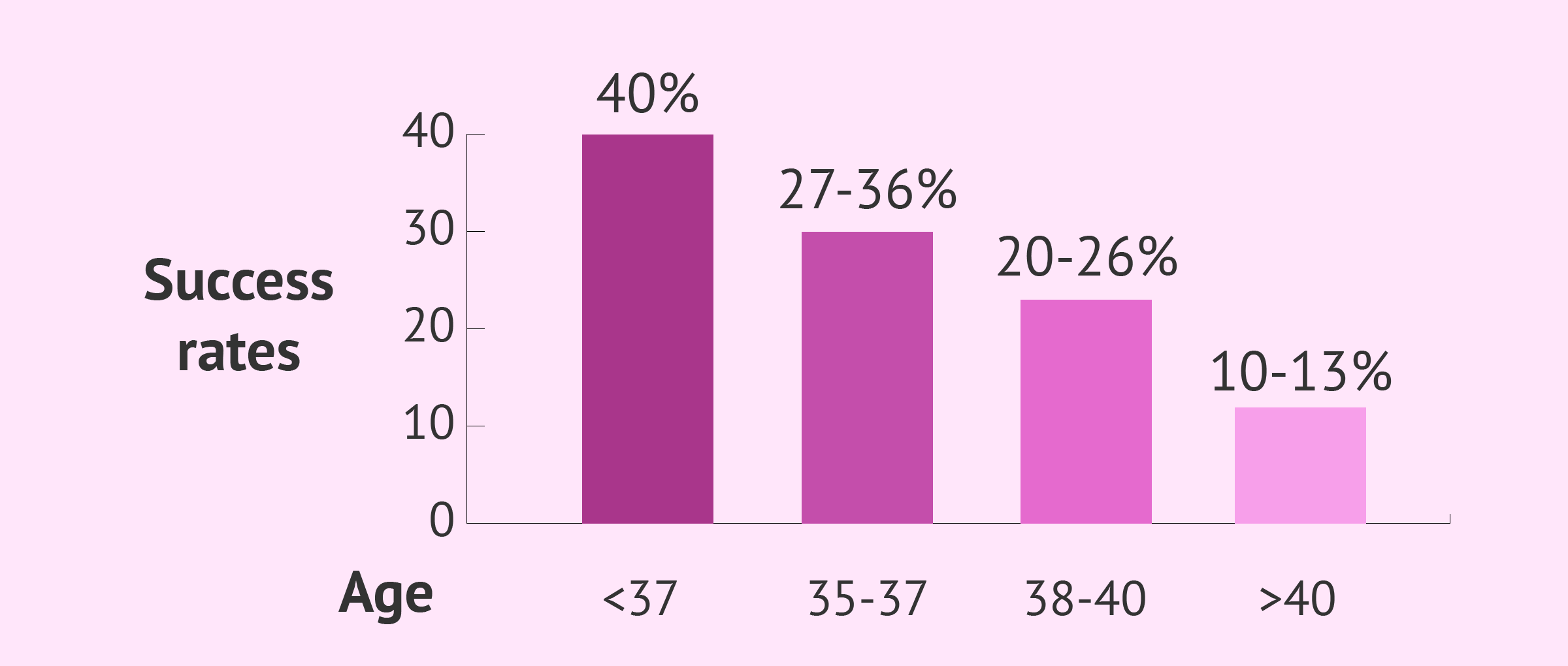IVF, or in vitro fertilization, stands as a beacon of hope for many couples struggling with infertility. Within this intricate process lies a crucial element: fertility drug injections. Let’s embark on a journey to understand these injections, their significance, and how to navigate through them with confidence.
Introduction to IVF Fertility Drug Injections
What is IVF?
In vitro fertilization, commonly known as IVF, is a fertility treatment where eggs and sperm are combined outside the body in a laboratory dish. This technique helps facilitate conception when natural methods prove unsuccessful.
Role of Fertility Drug Injections in IVF
Fertility drug injections play a pivotal role in IVF by stimulating the ovaries to produce multiple eggs, thereby increasing the chances of successful fertilization and pregnancy.

Types of Fertility Drugs Used in IVF Injections
Follicle-Stimulating Hormone (FSH)
FSH injections stimulate the growth and maturation of follicles in the ovaries, where eggs develop. These injections are typically administered for a period of around 10 to 12 days during the IVF cycle.
Human Chorionic Gonadotropin (hCG)
hCG injections trigger the final maturation of eggs and prepare them for retrieval. This hormone closely mimics the natural surge of LH (luteinizing hormone) that prompts ovulation.
Gonadotropin-Releasing Hormone (GnRH)
GnRH injections help regulate the timing of ovulation and prevent premature release of eggs. They are crucial for synchronizing the IVF cycle and optimizing the chances of successful fertilization.

Preparation and Administration of IVF Injections
Consultation with a Fertility Specialist
Before commencing IVF treatment, it’s essential to consult with a fertility specialist who can assess your unique situation, explain the treatment protocol, and address any concerns you may have.
Understanding Dosage and Schedule
Fertility drug injections require precise dosages and adherence to a strict schedule. Your fertility specialist will tailor the dosage and schedule according to your individual response to the medication and your treatment goals.
Proper Injection Technique
Learning the proper technique for administering fertility drug injections is paramount. This may involve injecting the medication subcutaneously or intramuscularly, depending on the specific drug and instructions provided.
Managing Side Effects
While fertility drug injections are generally well-tolerated, they may cause side effects such as injection site reactions, mood swings, and bloating. It’s important to communicate any concerns or adverse reactions to your healthcare provider, who can offer guidance and support.
Potential Risks and Complications
Ovarian Hyperstimulation Syndrome (OHSS)
Ovarian hyperstimulation syndrome is a potential complication of IVF treatment, characterized by swollen and painful ovaries. Severe cases may require hospitalization, so it’s crucial to monitor symptoms closely and seek medical attention if necessary.
Multiple Pregnancies
One of the risks associated with IVF treatment is the increased likelihood of multiple pregnancies, which can pose health risks for both the mother and the babies. Your fertility specialist will discuss strategies to minimize this risk and optimize outcomes.
Ectopic Pregnancy
Although rare, ectopic pregnancy—a condition where the fertilized egg implants outside the uterus—can occur following IVF treatment. Prompt medical intervention is essential to prevent complications and preserve fertility.
Emotional Impact
The emotional rollercoaster of IVF treatment, coupled with the stress of fertility drug injections, can take a toll on mental well-being. It’s important to prioritize self-care, seek support from loved ones, and consider counseling or therapy if needed.

Tips for Coping with the IVF Injection Process
Establishing a Support System
Surround yourself with a supportive network of family, friends, and fellow IVF warriors who can offer encouragement, empathy, and practical assistance throughout your journey.
Self-Care Practices
Incorporate self-care practices into your daily routine to alleviate stress and promote overall well-being. This may include mindfulness exercises, gentle exercise, adequate sleep, and indulging in activities that bring you joy.
Seeking Professional Help if Needed
Don’t hesitate to reach out to mental health professionals specializing in fertility and reproductive issues if you’re struggling to cope with the emotional challenges of IVF treatment. Therapy can provide invaluable support and coping strategies.
Success Rates and Expectations
Factors Influencing Success
Success rates of IVF treatment vary depending on factors such as age, underlying fertility issues, and the quality of eggs and sperm. Your fertility specialist will provide personalized guidance based on your individual circumstances.

Realistic Expectations
While IVF offers hope for achieving pregnancy, it’s essential to approach the process with realistic expectations and an understanding that success may not be immediate. Persistence, patience, and resilience are key virtues on this journey.
Importance of Patience and Persistence
IVF treatment can be a challenging and emotionally taxing experience, but it’s important to remain patient and resilient in the face of obstacles. Remember, every step forward, no matter how small, brings you closer to your dream of parenthood.
Conclusion
Navigating the complexities of IVF fertility drug injections can be daunting, but armed with knowledge, support, and perseverance, individuals can overcome challenges and embark on the path to parenthood with renewed hope and optimism. Remember, you’re not alone in this journey, and together, we can empower each other to turn dreams into reality.

